The role of education
VulPro has always believed in the value of education in conservation. Through education we can create an environmentally literate society, which understands and appreciates the vital role which vultures play in our ecosystem.
Through educational talks, tours, programmes, and campaigns, VulPro aims to engage individuals in a manner that will stimulate a change in environmental awareness and perceptions; leading to a citizenry which would rather protect than persecute these iconic species.
The importance of conserving vultures
Vulture physiology and feeding behaviour have equipped them to play a crucial role within the ecosystem, filling a niche unrivalled by any other scavenger. Vultures are responsible for keeping the ecosystem in balance by ridding the environment of decaying carcasses. Due to their uniquely strong stomach acid, vultures are able to dispose of carcasses riddled with pathogens, thus preventing the spread of diseases which could cause catastrophic declines in both wildlife and livestock populations.
Additionally, vultures have a direct impact on maintaining the biodiversity within an ecosystem (Henriques et al, 2018). As a result of their dietary habits, they speed up the decomposition process of the carcasses on which they feed, allowing the return of nutrients to the soil. This boosts the nutrient cycle and thus the biodiversity of a system.
The Asian Vulture Crisis shed light on to the importance of vultures and the catastrophic affect a vulture population crash has on both animal and human populations alike. Africa is no exception, and losing our vultures would result in a similar catastrophic collapse of our environment and ecosystems.
Vulpro’s educational activities
Education and awareness are fundamental aspects to VulPro’s conservation work. VulPro offers a wide vary of educational activities, including:
- Facilitation of school groups of all ages. Learners are given an educational presentation followed by a tour of the facility. Each learner receives an interactive vulture booklet to take home.
- Our VulCha (Vulture Champions) programme in which we build partnerships and actively engage with schools in areas surrounding vulture colonies.
- Educational talks presented at universities, conferences, community meetings, schools, bird enthusiast groups and other similar interest groups.
- Community and landowner engagement.
- Assessment and advice regarding the establishment of vulture artificial feeding sites.
- Facilitating post-graduate learners seeking to undertake research and experiential learning to complete their studies (both local and International).
- Facilitating both local and international volunteers and exposing them to hands-on practical field work including observing, tagging, monitoring, and rescuing vultures.
- An interactive website dedicated to children: vulprokidscorner.wordpress.com
- Corporate team building exercises including presentations, tours, or even hand-on volunteer work.

